Bunker Fuel Insurance: Risk Management Strategies and Market Dynamics

Introduction Bunker fuel insurance is a specialized form of marine insurance designed to protect vessel owners, operators, and other stakeholders from financial losses associated with risks related to bunker fuel used in maritime operations. This type of insurance typically covers a range of risks, including but not limited to, fuel contamination, supply chain disruptions, price […]
FAME Biofuels: Navigating the Future of Sustainable Energy

Introduction Fame Biofuel, officially known as Fatty Acid Methyl Esters (FAME), represents esters derived from fatty acids. These esters exhibit physical characteristics more akin to fossil diesel fuels than pure vegetable oils, with specific properties varying depending on the type of vegetable oil used. A combination of different fatty acid methyl esters is commonly referred […]
Fuel Cell Technology for Marine Propulsion

Introduction: Marine propulsion systems are undergoing a significant transformation as the maritime industry seeks cleaner and more sustainable alternatives to traditional fossil fuel-powered engines. In this context, fuel cell technology has emerged as a promising solution, offering the potential to revolutionize marine propulsion and drive the industry towards a greener future. Fuel cells are electrochemical […]
Chemical Analysis and Characterization of Common Contaminants in LNG Hydrocarbons, Water, H2S, CO2, and Mercury
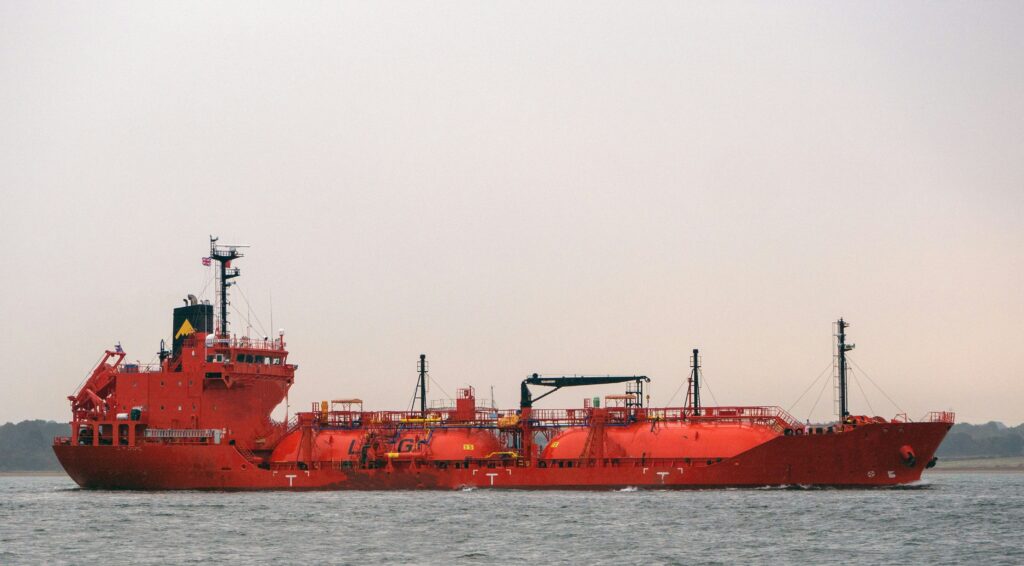
Introduction Liquefied Natural Gas (LNG) is a critical component of the global energy landscape, playing a pivotal role in meeting the growing demand for clean and efficient energy sources. LNG is formed by cooling natural gas to extremely low temperatures, transforming it into a liquid state for ease of storage and transportation. Chemical analysis is […]
Hydrogen powered OSVs: Challenges, Solutions and Opportunities
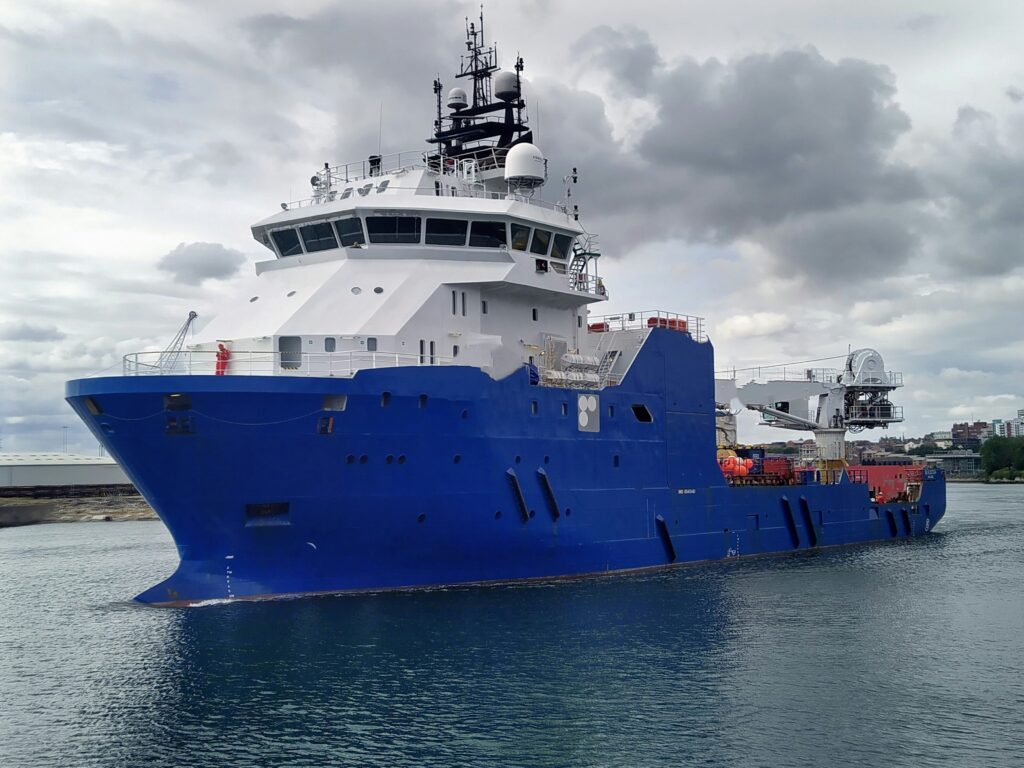
Introduction: Hydrogen-powered Offshore Support Vessels (OSVs) present a promising and sustainable alternative to traditional fossil fuel-powered vessels in the maritime industry. Unlike conventional vessels that rely on fossil fuels, hydrogen-powered OSVs utilize hydrogen as a clean energy source, emitting only water vapor and heat as byproducts. This innovative approach addresses the pressing need for reducing […]
HVO Biofuels Sustainable Energy Solution

INTRODUCTION Hydrotreated Vegetable Oil (HVO) emerges as an enticing alternative fuel, offering a chemical equivalence to petroleum diesel and compatibility with diesel engines without the need for blend walls or costly modifications. As the world grapples with escalating environmental challenges and an increasing urgency to combat climate change, attention is shifting towards sustainable alternatives across […]
The future of ship fuels and impact on the shipping industry
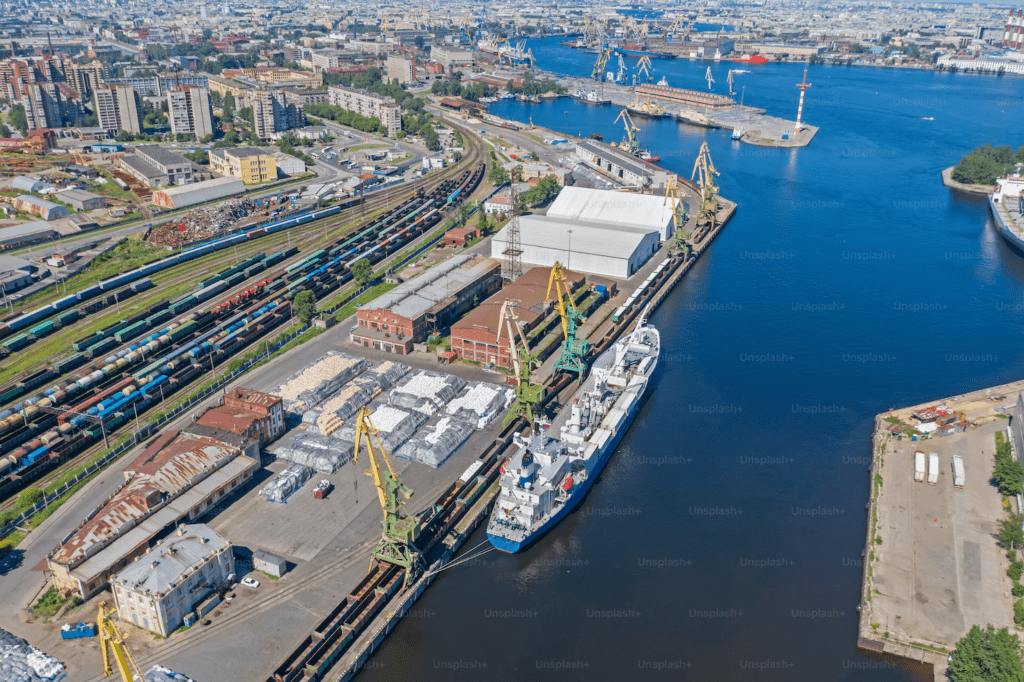
The shipping industry is a vital component of the global economy, transporting approximately 80% of the world’s trade. However, the industry is also a significant contributor to global greenhouse gas (GHG) emissions. According to the International Maritime Organization (IMO), shipping accounts for around 2% of global emissions, and this is expected to increase to 17% […]
LNG Bunkering (Liquefied Natural Gas)

LNG bunkering is the process of delivering inbound LNG to a ship. Many international and national organizations have enacted legislation to encourage the use of marine fuel, which has aided in the development of the worldwide LNG refueling sector. LNG, as opposed to traditional fuels such as marine petrol gasoline and marine diesel, is gaining […]
Sailing towards sustainability: Ethanol bunkering’s role in the green energy revolution
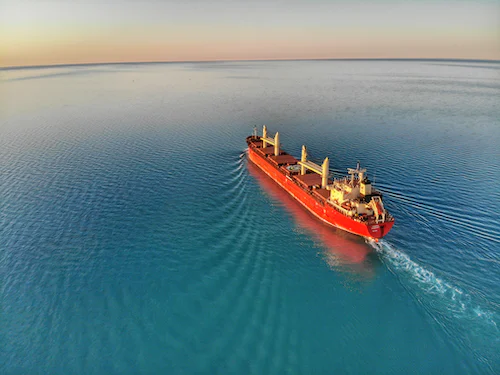
Introduction Ethanol bunkering: Understanding the basics and its role in the energy industry Providing and transporting ethanol to marine vessels for use as fuel is referred to as “Ethanol Bunkering.” The fermentation and distillation of plant resources like corn, sugarcane or wheat results in ethanol which is a renewable biofuel. In order to make ethanol […]
Ammonia- a potential marine fuel
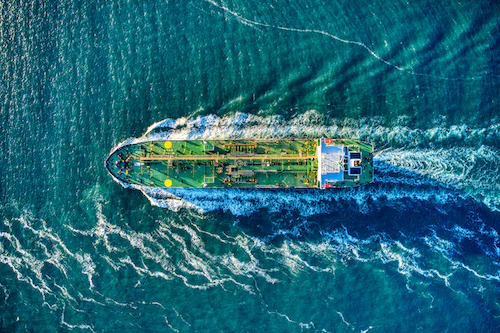
Introduction Ammonia Bunkering: Understanding the Basics Ammonia (chemical formula: NH3) is a compound composed of one nitrogen atom bonded to three hydrogen atoms. It is a colorless gas with a strong, pungent odor. Ammonia is highly soluble in water and forms a strongly alkaline solution, often referred to as ammonium hydroxide. The marine industry is […]

